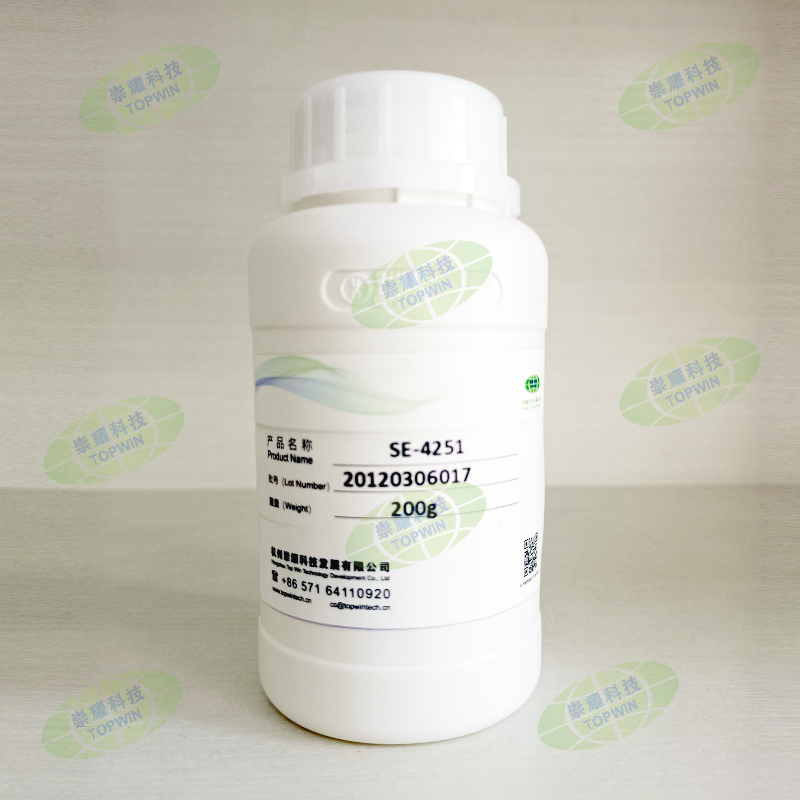Application of Anti Scratch, Abrasion Resistant, And Slip Additives

-
Coatings and Paints:
- Anti-scratch Additives: These additives typically work by forming a protective layer on the surface of the coating, which absorbs or disperses the energy from impacts, thereby reducing the likelihood of scratches. Common anti-scratch additives include nanoparticles (such as silica or alumina), polymeric materials, or fluoropolymers.
- Abrasion-resistant Additives: These additives reinforce the coating's structure, increasing its resistance to wear and abrasion. They may enhance the cross-linking density of the coating or improve the adhesion between the coating and the substrate. Examples include silica nanoparticles, cross-linking agents, and polymeric modifiers.
- Slip Additives: Slip additives reduce the coefficient of friction on the coating surface, making it smoother and more slippery. This helps prevent sticking, scuffing, and scratching of surfaces in contact with the coated material. Common slip additives include fluoropolymers, fatty acid amides, and silicones.
-
Plastics and Polymers:
- Anti-scratch Additives: In polymer formulations, anti-scratch additives act similarly to those in coatings, forming protective layers that resist scratching and marring. These additives may also improve the surface hardness and toughness of the polymer material. Examples include silicates, polyethylene wax, and acrylic resins.
- Abrasion-resistant Additives: Abrasion-resistant additives in polymers strengthen the material's resistance to wear and tear by increasing its toughness and surface hardness. They may also enhance the polymer's chemical resistance and weather ability. Common additives include nanoclays, carbon black, and fluoropolymers.
- Slip Additives: Slip additives in polymers reduce surface friction, making the material smoother and more slippery. This improves processability during manufacturing and enhances the surface feel of the final product. Common slip additives for polymers include fatty acid amides, silicones, and fluoropolymers.
-
Textiles and Fabrics:
- Anti-scratch and Abrasion-resistant Additives: These additives are applied to textile fibers or fabrics to increase their resistance to abrasion, tearing, and pilling. They may be incorporated into the fiber during manufacturing or applied as surface treatments. Examples include coatings, finishes, and fiber reinforcements such as nylon or polyester.
- Slip Additives: In textiles, slip additives can improve the fabric's feel, drape, and surface smoothness. They reduce friction between fibers, enhancing comfort and reducing snagging or sticking. Common slip additives for textiles include silicone softeners, lubricants, and fabric conditioners.
-
Flooring and Surface Treatments:
- Anti-scratch and Abrasion-resistant Additives: These additives protect flooring materials (such as wood, laminate, vinyl, or concrete) from scratches, scuffs, and wear caused by foot traffic, furniture movement, or other sources of abrasion. They may be incorporated into the flooring material itself or applied as surface coatings or treatments.
- Slip Additives: Slip additives improve the traction and slip resistance of flooring surfaces, reducing the risk of slips, trips, and falls, especially in wet or high-traffic areas. These additives may be included in flooring materials or applied as surface coatings or treatments.
In each of these applications, the selection of specific additives depends on factors such as the substrate material, desired performance characteristics, processing conditions, and regulatory requirements. By incorporating anti-scratch, abrasion-resistant, and slip additives into formulations, manufacturers can enhance the durability, functionality, and user experience of their products across various industries.